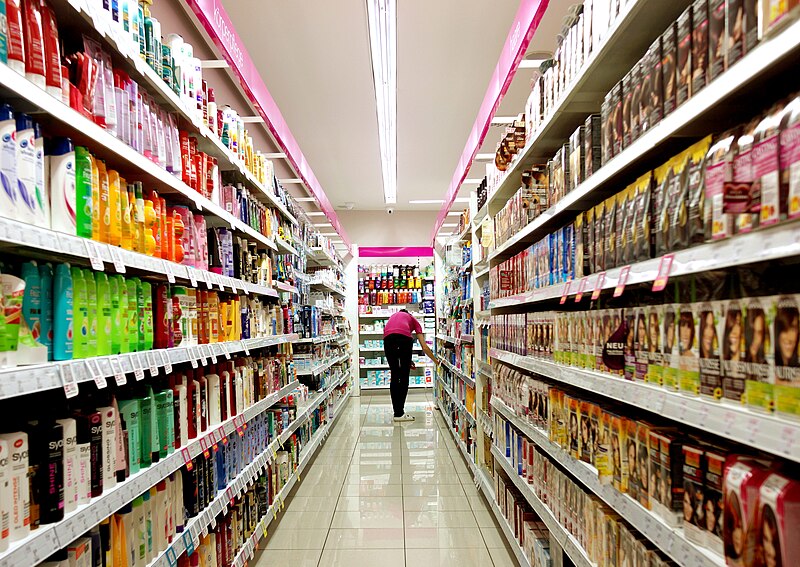
British retailers saw a sharp drop in sales in November, with industry data released on Tuesday highlighting weak consumer confidence and the impact of shifting Black Friday timing.
According to the British Retail Consortium (BRC), sales volumes fell by 3.3% in the 12 months to November, marking the steepest decline since April when sales dropped 4.0%. This is a stark contrast to the 0.6% year-on-year increase reported in October.
The November slump was primarily due to the exclusion of this year’s Black Friday sales from the data, as they will be accounted for in December's figures. In contrast, last year’s numbers included Black Friday sales, skewing the comparison.
"While it was undoubtedly a bad start to the festive season, the poor spending figures were primarily down to the movement of Black Friday into the December figures this year," said Helen Dickinson, CEO of the BRC. "Even so, low consumer confidence and rising energy bills have clearly dented non-food spending."
The energy price cap for households rose by 10% in October, adding to the financial strain on consumers. Non-food sales dropped 2.1% year-on-year over the three months leading up to November, with a notable decline in spending on winter clothing. In contrast, food sales increased by 2.4% during the same period.
The broader economic environment also played a role. The Bank of England's high interest rates, implemented to tackle 2022's inflation surge, remain a pressure point. Although the BoE is expected to maintain interest rates at 4.75% later this month after recent cuts, the lingering effects of elevated borrowing costs are impacting consumer behavior.
Separate data from Barclays revealed that essential spending saw its largest annual contraction in over five years, falling by 3.1% in November. This was driven by a 1.8% decline in supermarket spending, even as non-essential spending edged up by 0.8%. The latter increase was fueled by a 22.8% surge in cinema ticket sales for blockbusters like Gladiator II, Paddington in Peru, and Wicked.
Overall, spending on Barclays debit and credit cards dropped 0.5% in November—the first decline since July.
"Understandably, a number of factors weighed on consumer spending in November, notably easing consumer confidence post-summer and expectations that inflation and interest rates will remain high in the coming months," said Jack Meaning, Chief UK Economist at Barclays.
Despite the overall dip, Black Friday spending showed a bright spot. Barclays reported a 9.5% increase in retail and overall transactions compared to Black Friday 2023, with total transactions reaching their highest level of the year.
While December's figures are expected to capture the full impact of Black Friday sales, underlying trends suggest ongoing challenges for UK retailers. Persistently low consumer confidence, rising living costs, and high borrowing rates remain key obstacles as the sector navigates the holiday season. Photo by Lars Frantzen, Wikimedia commons.




































